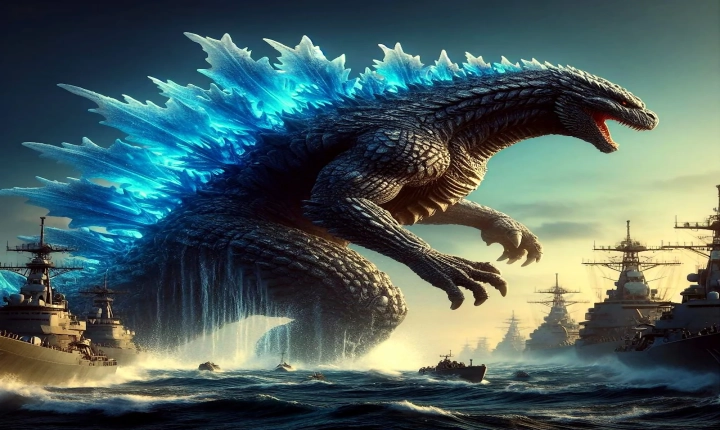Can You Sell AI Generated Art as NFT?
The world of digital art has undergone a significant transformation with the rise of Non-Fungible Tokens (NFTs). NFTs, which are unique digital assets stored on a blockchain, have opened up new possibilities for creators to monetize their digital works. However, as the concept of AI-generated art gains traction, questions have emerged about the legitimacy of selling such art as NFTs.
Artificial Intelligence (AI) has become capable of producing stunning and intricate digital artwork that challenges traditional notions of creativity. Through the use of algorithms, neural networks, and machine learning, AI can generate original pieces of art that rival those created by human artists. This has led to a surge in interest in AI-generated art, with collectors and enthusiasts looking to acquire these unique digital creations.
But can AI-generated art be sold as NFTs? The answer to this question lies in the originality and ownership of the artwork. NFTs are a way to prove ownership and authenticity of digital assets, and AI-generated art can be considered as a digital asset. However, some argue that the true creativity and authorship of AI-generated art rests with the AI itself, rather than the human who may have trained or directed the AI.
One of the core principles of the art world is the concept of artist attribution and ownership. In the case of AI-generated art, determining the rightful “artist” becomes a complex issue. While a human programmer or artist may have provided the initial input and guidance to the AI, the resulting artwork is ultimately a product of the AI’s algorithms and computations. This blurs the line between human creativity and machine-generated output.
Furthermore, the issue of copyright and intellectual property rights comes into play when considering the sale of AI-generated art as NFTs. Who holds the rights to the AI-generated artwork? Can the AI itself be considered as the rightful creator, or does the human programmer or artist retain ownership? These questions remain at the forefront of the debate surrounding the legitimacy of selling AI-generated art as NFTs.
On the other hand, proponents of AI-generated art argue that the unique and original nature of such artwork should not preclude it from being sold as NFTs. They emphasize the value of AI-generated art as a reflection of the capabilities and ingenuity of the technology. They also point out that AI-generated art has the potential to democratize the art world by providing a platform for emerging artists, both human and AI, to showcase their work and connect with collectors and buyers.
In response to these complex issues, some platforms and marketplaces have started to establish guidelines and standards for the sale of AI-generated art as NFTs. These guidelines seek to address concerns related to ownership, authenticity, and attribution, while also fostering a supportive environment for AI artists and creators.
In conclusion, the question of whether it is ethical and legal to sell AI-generated art as NFTs is a topic that continues to provoke debate within the art community. The rapid advancement of AI technology has fueled the creation of remarkable and thought-provoking digital art, but it also raises important questions about authorship, ownership, and the future of creativity. As the art world navigates this new frontier, it is crucial to consider the implications and ramifications of selling AI-generated art as NFTs, and to establish a framework that balances innovation with ethical and legal considerations.
